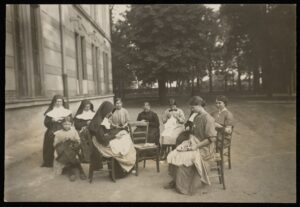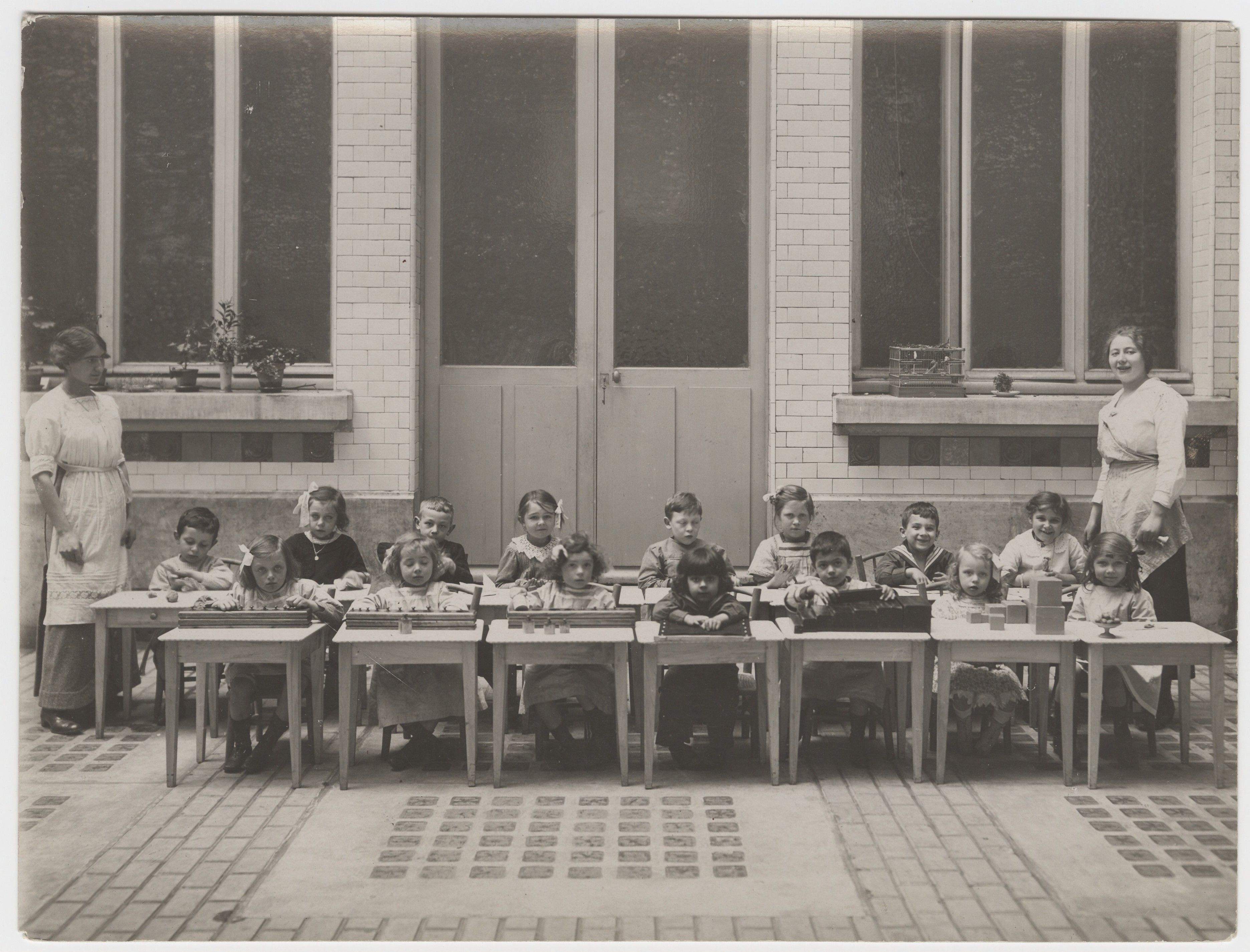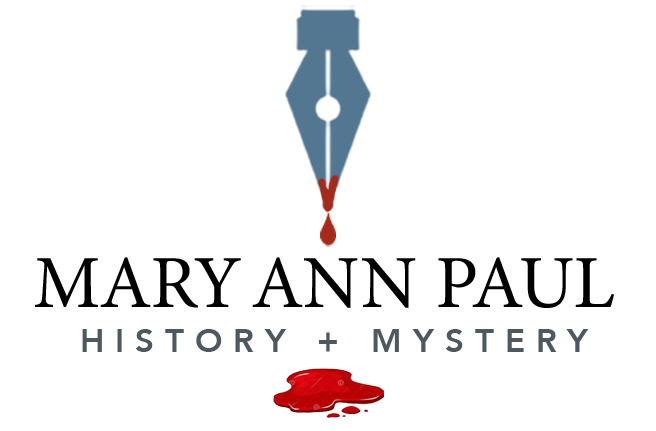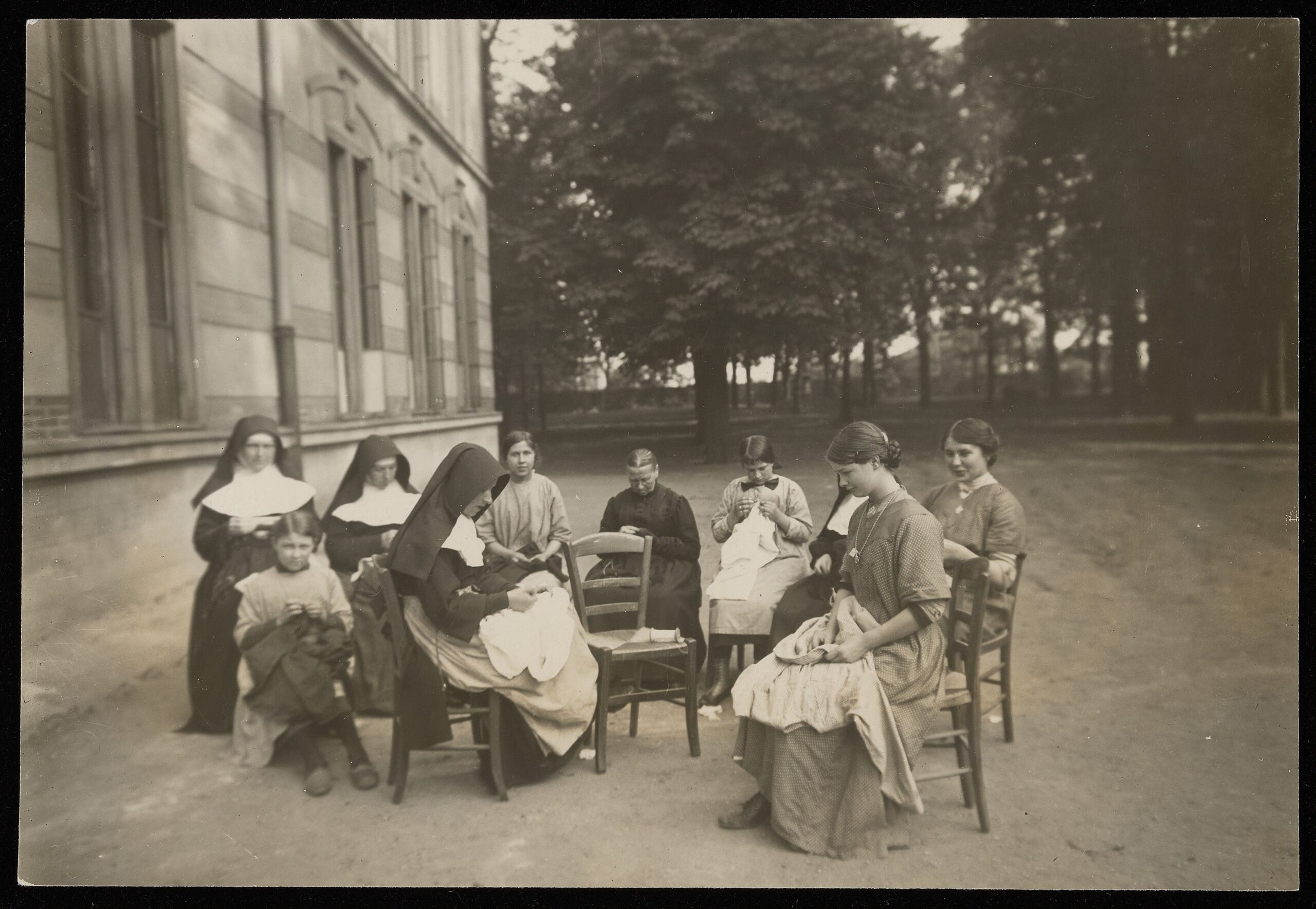Writing historical fiction used to require packing your bags, booking a research trip, and spending days (or weeks) elbow-deep in archival boxes, deciphering spidery handwriting by the dim glow of a reading lamp. For some writers, that kind of research still has its charm, but today, many valuable historical resources are just a click away.
When I set out to bring Edith Wharton to life in my debut novel, A Celebration of Murder, I didn’t have to hop a train to New Haven to access Yale University’s Edith Wharton Collection—I had the luxury of reviewing its pieces from my own desk. This treasure trove of digitized letters, manuscripts, and photographs offered an inspiring glimpse into the mind of a woman who wasn’t just a literary powerhouse but also a fierce humanitarian.

One of the things I admire most about Wharton—beyond her ability to eviscerate Gilded Age hypocrisy with the flick of a pen—is her tireless work on behalf of the people of France during World War I. While many of her contemporaries were content to observe the war at arms-length, from abroad, Wharton was on the ground in Paris, touring the front, writing about her experiences to raise awareness, and organizing relief efforts with the precision of a battlefield general. Among her efforts, she established “ouvroirs,” workrooms where women and girls could earn a living sewing garments for soldiers. She also masterminded The Book of the Homeless—the Live Aid of the Great War—rallying the era’s most notable writers, artists, and musicians to contribute to the compilation. Proceeds from the sales of this book supported displaced families.
In her November 28, 1915, New York Times article, “My Work Among the Women Workers of Paris,” Edith Wharton combines her gift as a writer and her intense commitment to the war relief effort. At the conclusion of her description of her ouvroir and hostels for refugees, she writes:
O all you happy peaceful people at home, if I could show you what we are seeing and hearing here every day and every hour, I say again I should not have to beg of you: I should only have to tell you what I need.”
Wharton’s plea was not abstract charity or a banal message to her well-heeled circle to do the right thing. Immersed in the efforts to alleviate the refugees’ desperation and pain, she fought to ensure that the women she spoke with and saw every day could maintain their dignity and provide for their families during wartime.

Image courtesy of Yale University
For a historical novelist, access to archives like these is a goldmine. They provide the intimate details that bring a character to life—the words she chose, the causes she championed, the world she inhabited. Thanks to digitized collections and the librarians who make this information available, we don’t just have to imagine Wharton’s wit and determination; we can visualize them.
And when fiction is built on that kind of personal foundation, it doesn’t just feel real—it is real.

